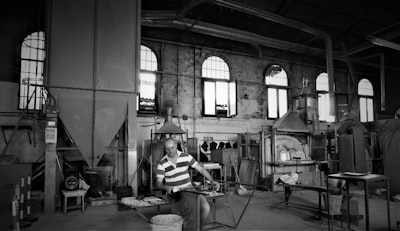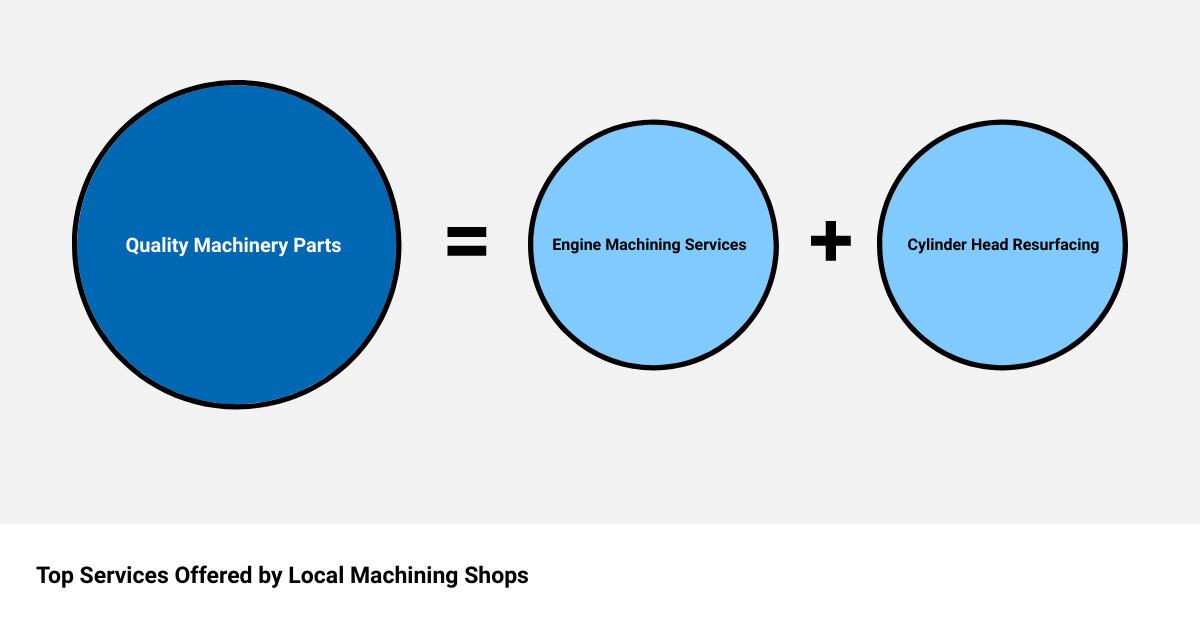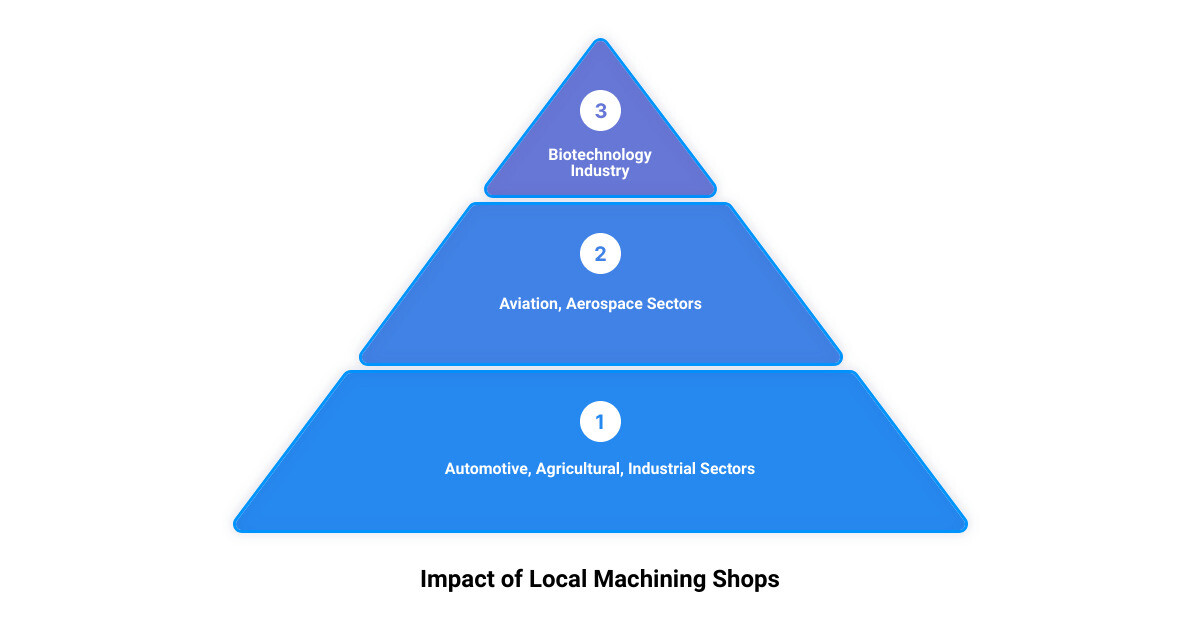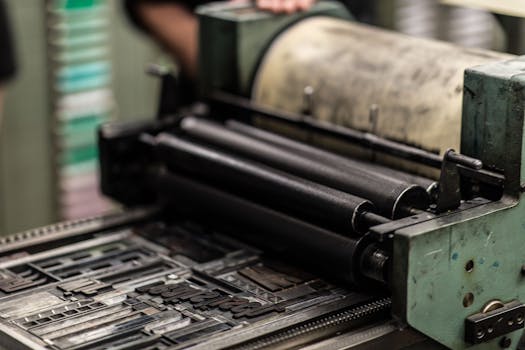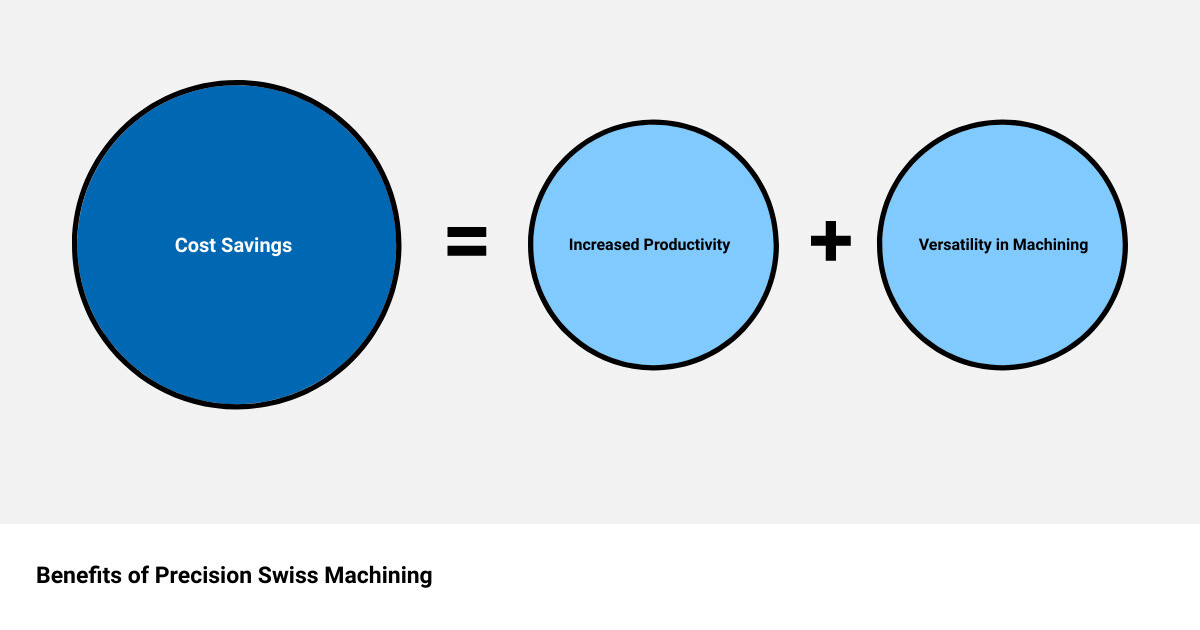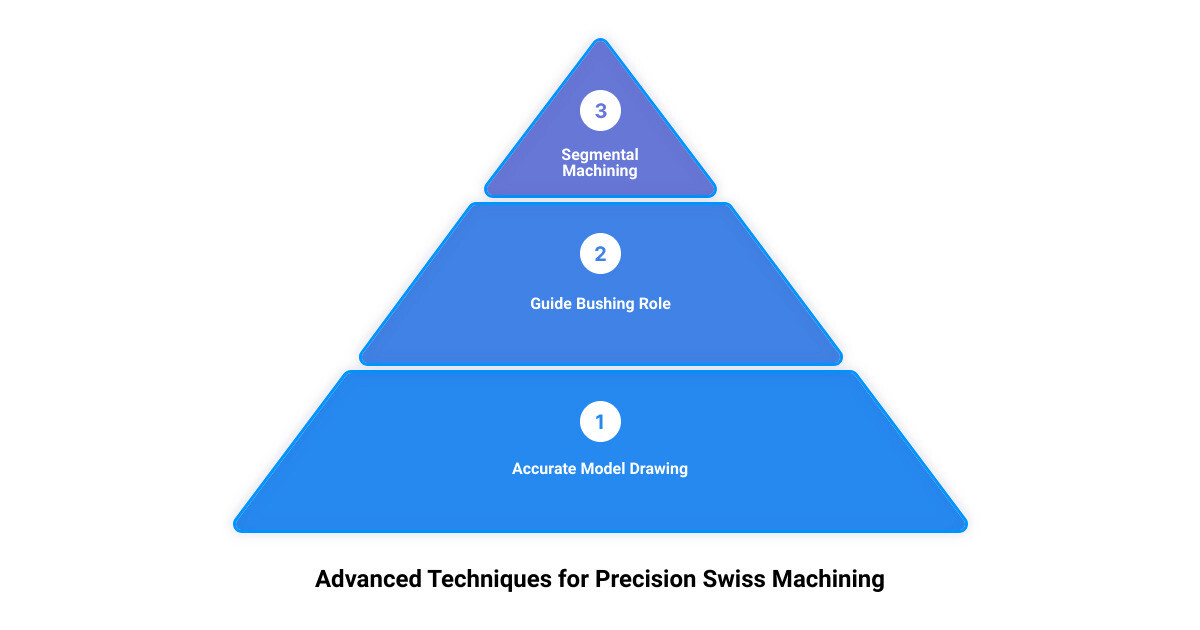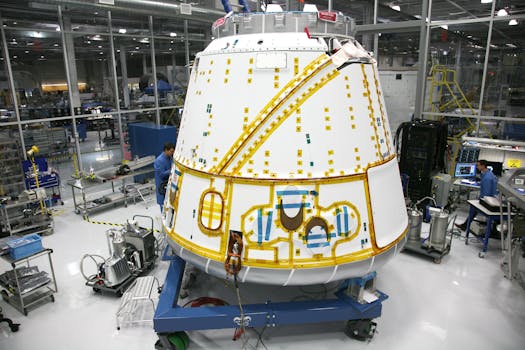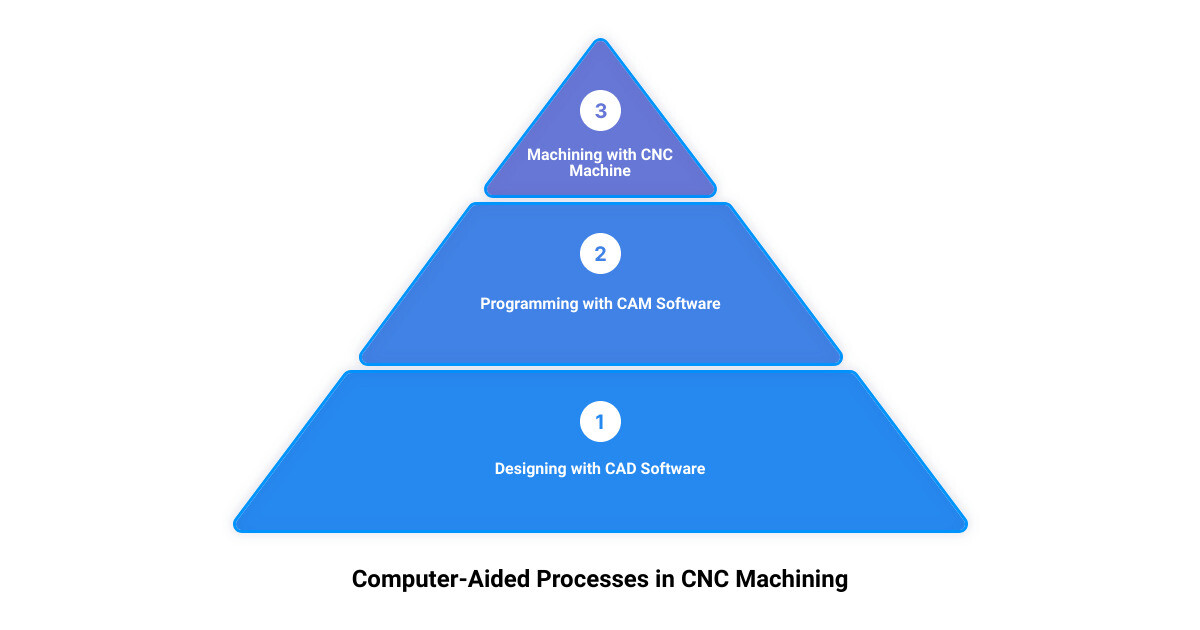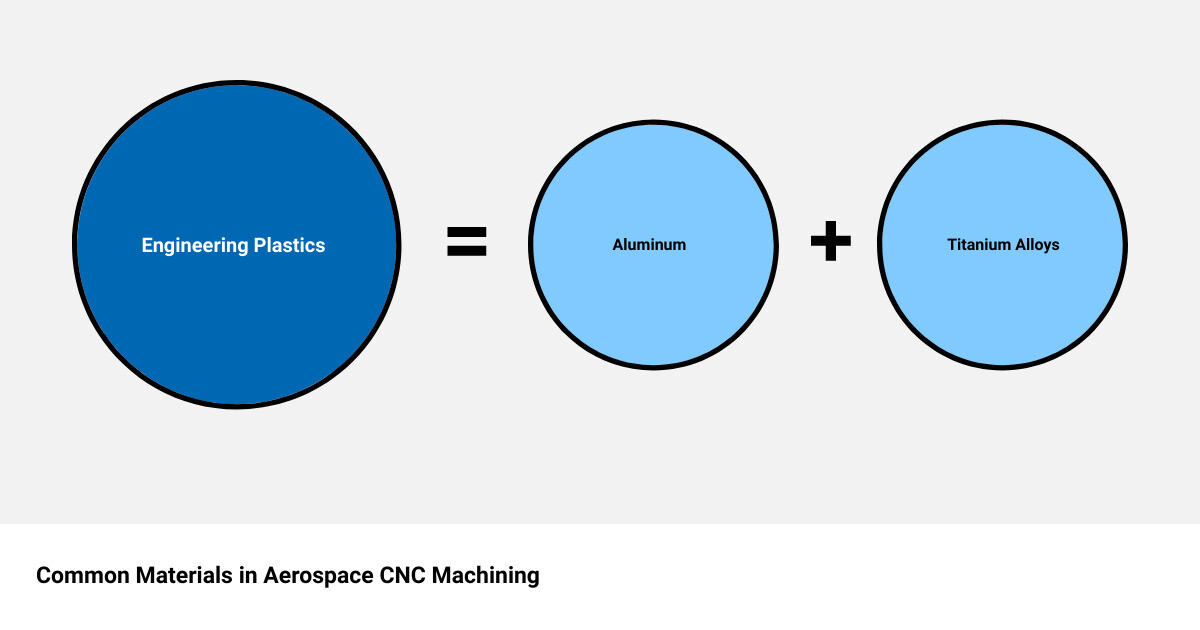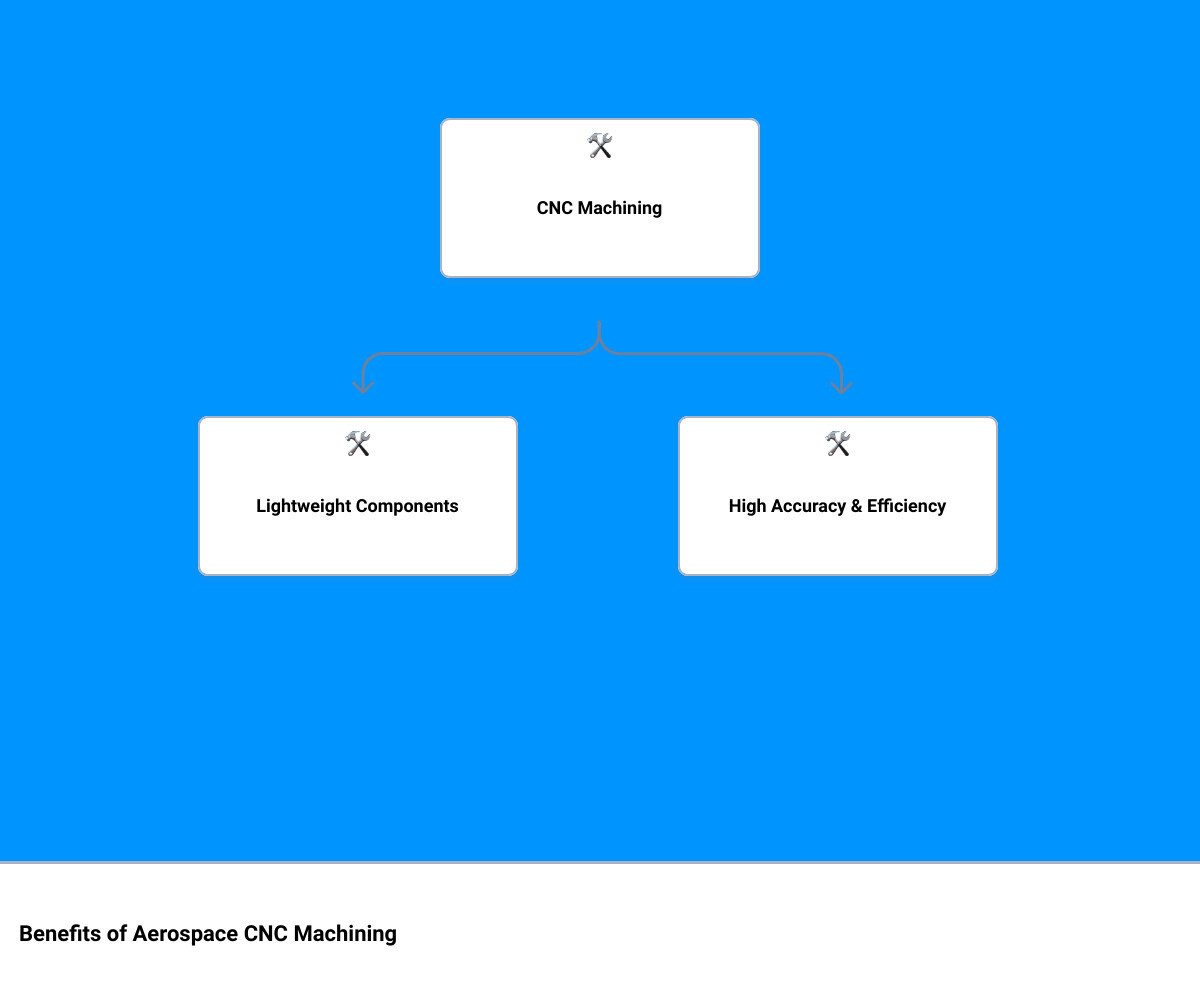Welcome to the world of lathe machine service, a realm where craftsmanship meets technology, and precision is paramount. In industries ranging from automotive to aerospace, medical to defense, lathe machines are the unsung heroes, silently crafting critical parts that keep our machinery functioning smoothly and efficiently.
At TMC Technologies, we understand the pivotal role that these machines play in your business. We recognize that your success hinges not only on the quality of your products but also on the performance and longevity of your machinery. This is where our expert lathe machine services come into play.
Lathe machines, particularly those of the CNC (Computer Numerical Control) variety, require meticulous care and regular servicing to deliver the high level of accuracy and repeatability necessary for your manufacturing needs. From cleaning and lubrication to inspection and part replacement, each aspect of maintenance plays a crucial role in ensuring optimal machine performance.
But why is regular maintenance so essential? What happens if it is neglected? How can you ensure that your lathe machines are always at their best? Here’s a quick rundown:
- Regular maintenance prevents unnecessary wear and tear, prolongs machine life, and ensures safety.
- Negligence could lead to machine breakdown, costly repairs, or even replacement.
- A reliable lathe machine service provider like TMC Technologies provides comprehensive maintenance, repair, and servicing solutions to keep your lathe machines in top-notch condition.
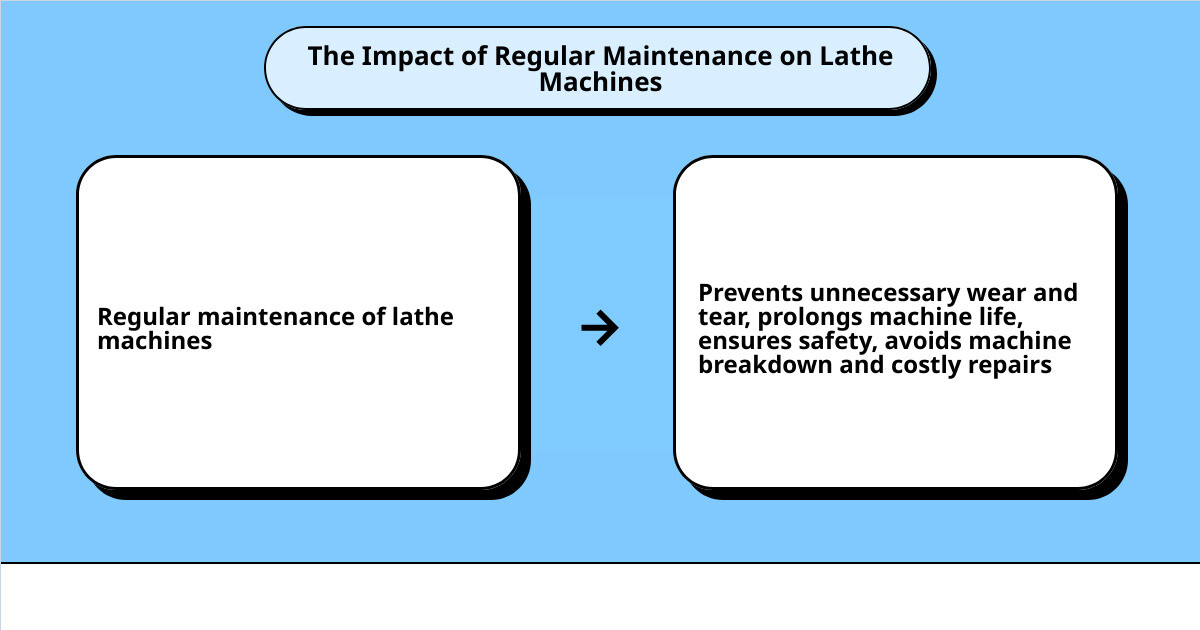
Now, let’s delve deeper into the world of lathe machine service, unveiling the intricacies of maintenance, the advantages of CNC turning, and the pivotal role that TMC Technologies plays in providing top-tier service. Whether you’re a novice in the industry or an expert looking to optimize your operations, this guide is sure to provide valuable insights into revolutionizing your craft with top-notch lathe machine service.
Understanding the Importance of Lathe Machine Maintenance
In the world of precision machining, the adage, “An ounce of prevention is worth a pound of cure,” holds true. Ensuring the smooth operation of your lathe machines requires a commitment to regular maintenance, a task that can seem daunting but is absolutely essential in preserving the longevity and efficiency of your machinery.
The Role of Regular Cleaning and Lubrication
The first step in any lathe machine service is regular cleaning and lubrication. Over time, metal chips and dust can accumulate on your machines, potentially causing damage or hindering their performance. Regular cleaning not only keeps your machine looking good but also prevents the buildup of harmful particles. Lubrication, on the other hand, ensures that all moving parts run smoothly, reducing friction and wear and tear. This is a simple act that can significantly extend the lifespan of your lathe machine and maintain its precision.
The Need for Regular Inspection and Replacement of Parts
Scheduled inspections and timely replacements of worn-out parts are crucial to avoid unexpected breakdowns. Regular checks can help identify any minor issues before they escalate into major problems, saving both time and money.
The Significance of Proper Storage and Protection
Protecting your machine from environmental damage, such as rust, is another important aspect of lathe machine maintenance. Using a rust preventative and keeping the machine in a clean, dry environment can significantly reduce the risk of rust and corrosion.
The Importance of Following Manufacturer’s Guidelines
Every lathe machine comes with a set of manufacturer’s guidelines, and following these instructions can be instrumental in maintaining the machine’s performance. These guidelines provide specific instructions on maintenance tasks, frequency, and safety precautions, ensuring that your machine operates optimally.
The Value of Training and Educating Operators
Finally, training and educating operators on the correct use and maintenance of lathe machines is crucial. A well-trained operator will not only operate the machine efficiently but will also be able to identify and address minor issues before they become major problems.
In conclusion, regular maintenance is not just a task; it’s an investment in the longevity and efficiency of your lathe machine. At TMC Technologies, we understand the importance of maintenance and offer comprehensive lathe machine services to ensure your machines remain in peak condition for years to come.
The Advantages of CNC Turning in Lathe Machine Service
The world of manufacturing is fast-paced, demanding, and requires a high degree of precision. This is where the advantages of CNC turning come into play in lathe machine services. With its ability to create parts economically, maintain high dimensional tolerances, and versatility in creating various geometric designs, CNC turning is a game-changer in the industry.
Economical Production for Both Short and Long Runs
One of the key advantages of CNC turning is its cost-effectiveness for both short and long production runs. It eliminates the need for manual intervention, thereby reducing labor costs. At TMC Technologies, we have harnessed this advantage to provide an economical lathe machine service, regardless of the size of your production run.
High Dimensional Tolerances and Smooth Finishes
CNC turning also excels in producing parts with high dimensional tolerances. This precision, coupled with the ability to achieve smooth finishes, ensures the production of high-quality parts that meet exact specifications. This level of precision is paramount in industries such as aerospace and medical, where even the slightest deviation can lead to significant consequences.
The Versatility of CNC Turning in Creating Various Geometric Designs
Versatility is another hallmark of CNC turning. It’s ideal for creating cylindrical parts and is primarily done using round rod material, but square and hexagonal bar stock can also be used. This versatility allows us at TMC Technologies to cater to a wide range of design needs, ensuring that no matter the complexity of your design, our lathe machine service can handle it.
The Precision and Repeatability of CNC Turning
The combination of precision and repeatability is what truly sets CNC turning apart. It guarantees that every part produced is consistent with the last, eliminating the possibility of human error. This level of precision and repeatability is why we rely heavily on CNC turning at TMC Technologies, ensuring we deliver only the best to our customers.
The Use of CNC Turning in Various Industries
CNC turning has found application in a wide range of industries, demonstrating its adaptability and versatility. From the automotive industry to the medical field and the aerospace sector, the wide application of CNC turning is testament to its benefits and capabilities. At TMC Technologies, we have leveraged these benefits to provide top-notch lathe machine service to a broad spectrum of industries, delivering excellence every time.
In conclusion, the advantages of CNC turning in lathe machine service are numerous, making it an indispensable part of modern manufacturing. At TMC Technologies, we are committed to harnessing these advantages to provide our clients with the best possible service.
The Role of TMC Technologies in Providing High-Quality Lathe Machine Service
When it comes to delivering excellence in CNC Precision Automatic Lathe services, TMC Technologies stands tall in the crowd. Our unwavering commitment to precision, quality, and customer satisfaction has made us a go-to provider for manufacturing companies in need of top-tier CNC lathe parts.
The Unique Selling Proposition of TMC Technologies
Our unique selling proposition lies in our holistic approach to precision machining services. Beyond high-quality manufacturing, we at TMC Technologies offer an extensive range of services that include grinding, heat treating, light fabrication/assembly, and other secondary operations.
Our team is adept at using cutting-edge automated tools and technology, which enables us to handle a variety of materials. This includes aluminum alloys, brass, titanium, stainless steel, and plastics, all processed in an efficient and cost-effective manner.
We understand that in a fast-paced industry, time can be crucial. For this reason, we strive to deliver short lead times without compromising on the high-quality workmanship we are known for.
The Range of Industries Served by TMC Technologies
TMC Technologies serves a broad spectrum of industries, from aerospace to automotive, and beyond. Our dedication to upholding the highest quality standards in manufacturing CNC lathe parts has made us a trusted partner across a diverse range of sectors.
Our deep understanding of the strict protocols and regulations of the aerospace industry, for example, is a testament to our commitment to precision and quality. We are not just a manufacturer; we are a reliable partner that understands your needs, values quality, and delivers precision.
The Quality Standards Met by TMC Technologies
Quality is at the heart of our operations at TMC Technologies. Our dedication to excellence is reflected in the high-quality CNC lathe parts that we deliver, which are competitively priced and characterized by fast delivery times.
We pride ourselves on our rigorous quality control measures, which ensure that every CNC lathe part that comes out of TMC Technologies is a testament to our dedication to detail and accuracy. This unwavering commitment to quality solidifies our role as a leading name in the world of CNC machining.
In conclusion, TMC Technologies is more than a manufacturer; we are a reliable partner in the world of precision aerospace machining.
The Process of Choosing a Reliable Lathe Machine Service Provider
Selecting the right partner for your CNC lathe machine service needs is a crucial decision that can determine the success of your project. It’s about finding a provider that understands your specific needs and can offer customized solutions to meet those needs. This process involves careful consideration of several factors ranging from the quality of parts and secondary surface finishes to turnaround time and customer support.
Considering the Quality of Parts and Secondary Surface Finishes
The first aspect to ponder is the quality of the parts they manufacture. A reliable CNC lathe machine service provider like TMC Technologies ensures that every part produced meets your exact specifications, demonstrating their commitment to providing high-quality services. The quality of secondary surface finishes is also a key consideration. This is because the surface finish can significantly affect the performance of a part, particularly in applications that require high precision or have strict aesthetic requirements.
Evaluating the Turnaround Time and Customer Service Support
In an industry where time is of the essence, the ability of a CNC lathe machine service provider to deliver within the stipulated timeline is crucial. At TMC Technologies, quick delivery turnarounds are part of our commitment to top-notch customer service. Our reputation for quick delivery, coupled with world-class engineering expertise, sets us apart within the industry.
Customer reviews and testimonials offer real-world insights into the quality of work, customer service, and overall experience provided by the CNC lathe shop. As one satisfied customer of eMachineShop stated, “I received my parts this morning and they are perfect. I was able to complete my project with no further machining, finishing, polishing etc.”
Assessing the Compatibility of Materials for CNC Turning
Lastly, consider the shop’s ability to handle different materials. CNC lathe machining can produce high-quality parts with accuracy and precision in a variety of raw materials, ranging from metals such as aluminium, stainless steel, and brass, to various plastics. The CNC turning process can be applied to most hard materials and metals, making it a versatile choice for many applications.
In conclusion, choosing a reliable lathe machine service provider requires careful deliberation and, in some cases, a bit of trial and error. But once you find that perfect match, you’ll reap the rewards of high-quality, precision-made parts that can drive your business’s success.
Conclusion: The Impact of Top-Notch Lathe Machine Service on Your Craft
Let’s pull back the curtain on a secret: the craft of manufacturing thrives on precision and mastery, a fact that’s all too clear when you understand the role of a top-notch lathe machine service. It’s not just about the parts’ production—it’s about propelling your business towards sterling success.

When Precision Fuels Prosperity
At the heart of any successful manufacturing operation is precision. As we’ve seen, precision in CNC lathe machining ensures that every part produced meets exact specifications. This level of exactitude eliminates errors, reduces waste, and saves your business time and money. High accuracy is a differentiator that can make or break the functionality and longevity of the end product. With high-precision components, you can rest assured that your machinery will operate as intended, minimizing the risk of malfunction or breakdown.
Furthermore, precision in machining increases efficiency. When parts are made precisely to specifications, there’s less risk of scrap from incorrect dimensions or damaged surfaces. This not only saves on material costs but also reduces time spent on rework.
The TMC Technologies Difference
At TMC Technologies, we understand the critical role of precision in lathe machine service. Our commitment to precision and quality is unwavering. Our state-of-the-art CNC lathes and live tooling, combined with our robust Quality Management System (QMS) and stringent inspection routines, enable us to maintain tight tolerances of up to ± 0.0005 inches. This is a testament to our dedication to delivering outstanding results.
But we don’t stop at machinery. Our experienced CNC machining engineers are continuously trained on the latest technology and techniques, ensuring that the highest level of precision is maintained throughout the machining process. We believe that our commitment to our craft can make a significant difference to your own.
Fueling Innovation Across Industries
The impact of top-notch lathe machine service extends beyond individual businesses—it fuels innovation across industries. From automotive to aerospace, the ability to produce even more precise and complex components enhances our ability to innovate. As we continue to advance, we are confident that our high-quality lathe machine service can help your business achieve its goals.
In conclusion, partnering with the right CNC lathe machine service provider not only ensures the highest standards of quality and precision but also propels your business towards success. At TMC Technologies, we are committed to helping our clients revolutionize their craft with our top-notch lathe machine service.



